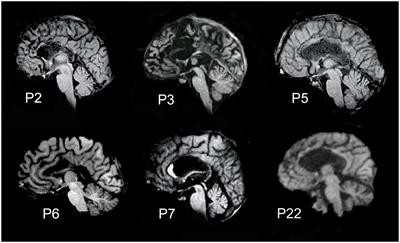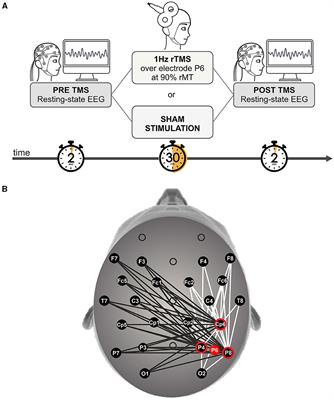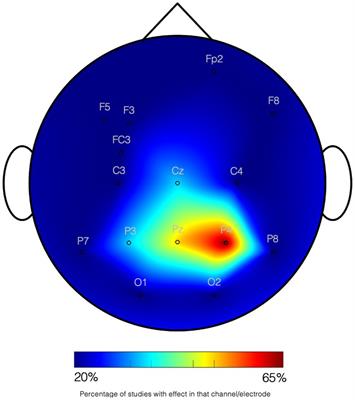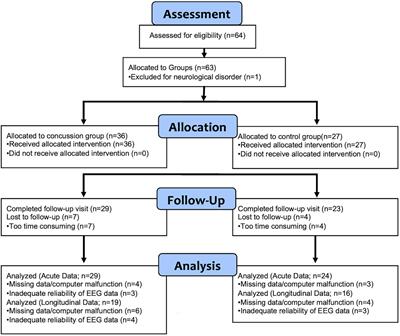EDITORIAL
Published on 29 May 2024
Editorial: The legacy of Dr. Roger W. Sperry: current advances in brain lateralization and interhemispheric transfer
doi 10.3389/fnhum.2024.1433410
- 741 views
2,620
Total downloads
31k
Total views and downloads
You will be redirected to our submission process.
EDITORIAL
Published on 29 May 2024
ORIGINAL RESEARCH
Published on 15 May 2024

REVIEW
Published on 11 Apr 2024
ORIGINAL RESEARCH
Published on 07 Mar 2024

ORIGINAL RESEARCH
Published on 10 Nov 2023

REVIEW
Published on 27 Oct 2023

ORIGINAL RESEARCH
Published on 28 Mar 2023

